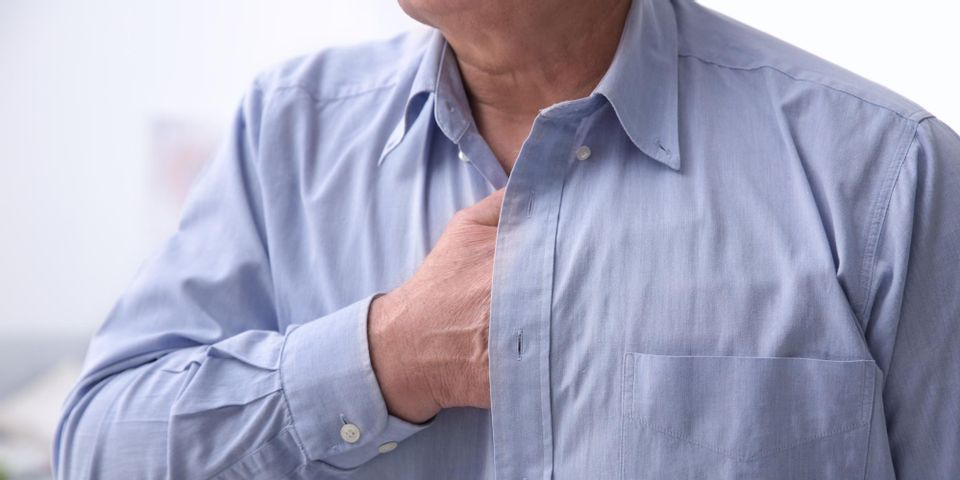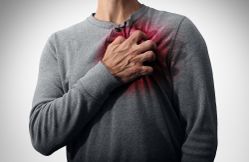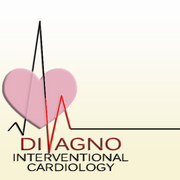When Should I See a Doctor for Heart Palpitations?

Heart palpitations feel like a fast or pounding heartbeat and are often brought on by exercise, stress, or certain medications. While not uncommon, they can still provoke anxiety in patients. They also point to more serious issues in some cases. Below is an introduction to palpitations, as well as when they should be checked out by a heart doctor.
Symptoms
The most prevalent symptoms of heart palpitations are a skipping heartbeat, a fluttering sensation, or a rapid or pounding pulse. You may feel them in the chest, throat, or neck, and they can occur whether you're at rest or engaged in physical activity. The heart is regulated by electrical impulses, and anything that increases the production of adrenaline—from worrisome thoughts to rigorous physical exercise—can affect how these impulses fire or misfire. On the off-chance they misfire, a heart palpitation can result.
Seeing a Heart Doctor
 While most palpitations are harmless, there are some situations where it is advisable to see a heart doctor. For example, when the palpitations are accompanied by chest pain, severe shortness of breath, extreme dizziness, or fainting, it may be a sign of coronary artery disease.
While most palpitations are harmless, there are some situations where it is advisable to see a heart doctor. For example, when the palpitations are accompanied by chest pain, severe shortness of breath, extreme dizziness, or fainting, it may be a sign of coronary artery disease.
Palpitations can also be a sign of a heart arrhythmia. An arrhythmia is an improper beating of the heart, whether an irregular rhythm or a beat that is too fast or too slow. Though usually a benign cardiac condition, some arrhythmias can be abnormal and signal a particularly weak or damaged heart.
If you're concerned about palpitations, always err on the side of caution and see a heart doctor at DiVagno Interventional Cardiology, MD, PA. With more than 20 years of experience, Dr. Leonard DiVagno and his team serve Bergen County, NJ, by treating a range of cardiac care concerns, including high blood pressure, high cholesterol, and heart disease. Call (201) 845-3535 to schedule an exam or visit them online to learn more about how they can help.
About the Business


